Customer Data Platforms (CDP) consolidate and manage customer data from various touchpoints, creating a unified customer profile. This data helps in personalizing marketing efforts and improving customer experience.
Customer Data Platforms integrate data from different sources like CRM, social media, and purchase history, providing a 360-degree view of the customer. This holistic approach to data management allows businesses to deliver consistent and highly personalized marketing messages, enhancing customer engagement and loyalty. CDPs also facilitate data analysis, enabling marketers to derive actionable insights that drive better decision-making.
What are the critical features of CDP solutions?In retail, CDPs are used to create personalized shopping experiences. By analyzing purchase history and browsing behavior, retailers can recommend products that align with individual preferences. In financial services, CDPs help in understanding customer needs and improving client relationships through tailored advice and product offerings. Healthcare providers use CDPs to personalize patient care and communications, ensuring better health outcomes.
Organizations benefit from CDPs by gaining a comprehensive understanding of their customers, which leads to more personalized marketing efforts and improved customer loyalty. CDPs streamline data management, making it easier for businesses to leverage customer data effectively.






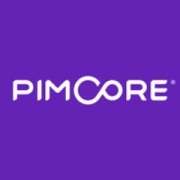











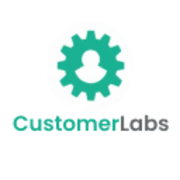

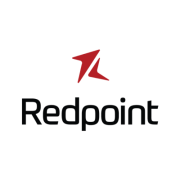





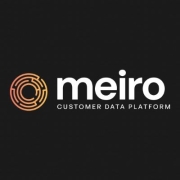


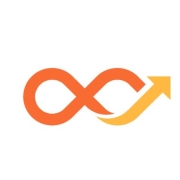
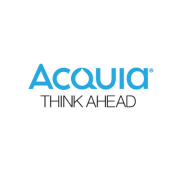









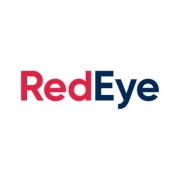



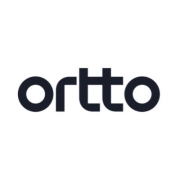






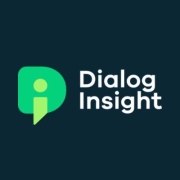


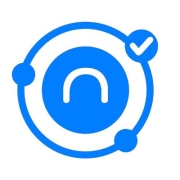






Customer Data Platforms enhance personalization by consolidating customer data from multiple sources to create a unified customer profile. This comprehensive view allows you to tailor marketing campaigns and messages to individual preferences and behaviors, increasing engagement and conversion rates. CDPs boast capabilities such as segment building and real-time processing, enabling personalized interactions across various touchpoints.
What are the key integration capabilities of CDPs?CDPs are designed to easily integrate with various marketing and analytics tools, allowing you to connect data from CRM systems, email marketing platforms, social media, and more. These integration capabilities ensure that data flows seamlessly between systems, providing a consistent customer experience and allowing for data-driven decision-making across departments. CDPs support API integrations, connectors, and data imports to ensure flexibility and adaptability to your tech stack.
What is the difference between a Customer Data Platform and a Data Management Platform?While both Customer Data Platforms and Data Management Platforms handle data, CDPs focus on first-party data and building comprehensive customer profiles, while DMPs primarily handle third-party data for audience targeting in advertising. CDPs enable personalized marketing by consolidating customer interactions from various sources, whereas DMPs are often used for large-scale ad targeting and do not maintain persistent customer records.
How can a CDP improve customer retention?A CDP improves customer retention by providing you with insights into customer behavior and preferences, enabling you to design personalized engagement strategies. With a CDP, you can identify at-risk customers and proactively offer tailored promotions or support to re-engage them. The insights from a CDP help enhance customer satisfaction by ensuring consistent and relevant communication across channels.
Are CDPs compliant with data privacy regulations?Most Customer Data Platforms are designed to be compliant with data privacy regulations like GDPR and CCPA, offering features such as consent management and data governance. CDPs enable you to manage customer consent preferences efficiently and ensure secure handling of personal data. It's important to verify that the CDP you choose provides robust compliance tools to protect your customers' privacy and your business's reputation.